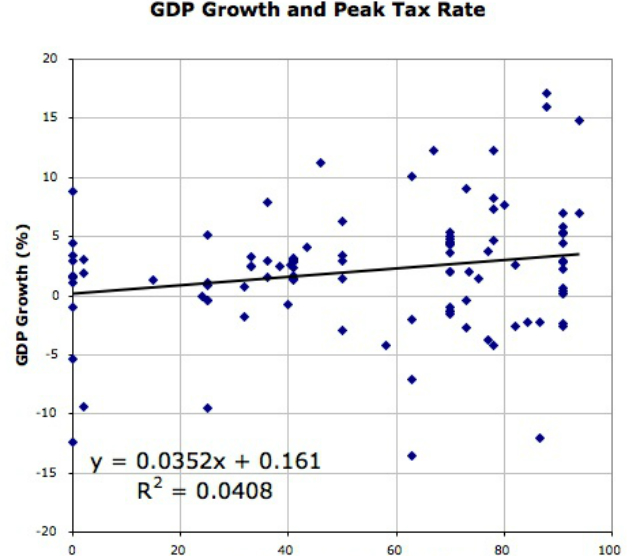
A chart of GDP growth. Credit: kaleberg3 / Flickr Creative Commons
Guest:
- Zachary Karabell, Head of Global Strategy at Envestnet and author of The Leading Indicators: A Short History of the Numbers that Rule Our World
GDP, the unemployment rate, housing prices...what do all these "economic indicators" actually mean?
Nothing — at least according to Zachary Karabell, Head of Global Strategy at Envestnet, who argues that we're trying to fit 20th century statistics into a radically different, 21st century landscape.
For one thing, Karabell argues, companies can thrive as people, even as countries struggle. That's because corporations get the benefits of a global system, while countries and people have to bear the costs of living: healthcare, food, roads, retirement, etc.
That puts the importance of our GDP into serious jeopardy.
"GDP only measures consumption in a short term fashion," Karabell says. "GDP doesn't get to what kind of future you're building and it was not supposed to…"
Karabell also believes that the unemployment rate is "just a statistic that reflects an aspect of our system. It's not really a count of how many people have jobs and how many don't."
So, since the economy isn't a closed, mechanical system, but rather something that's fluid and changing, how should it be defined?
Karabell wants to see more numbers that drill down to a local level, and he argues that with big data, this is possible. For example, Zillow, the home website that allows people to see house prices on their block, offers the kind of tangible information that can be tailored to specific circumstances.
And it's tools like these that will increasingly define "the economy" for the individual and their community.

